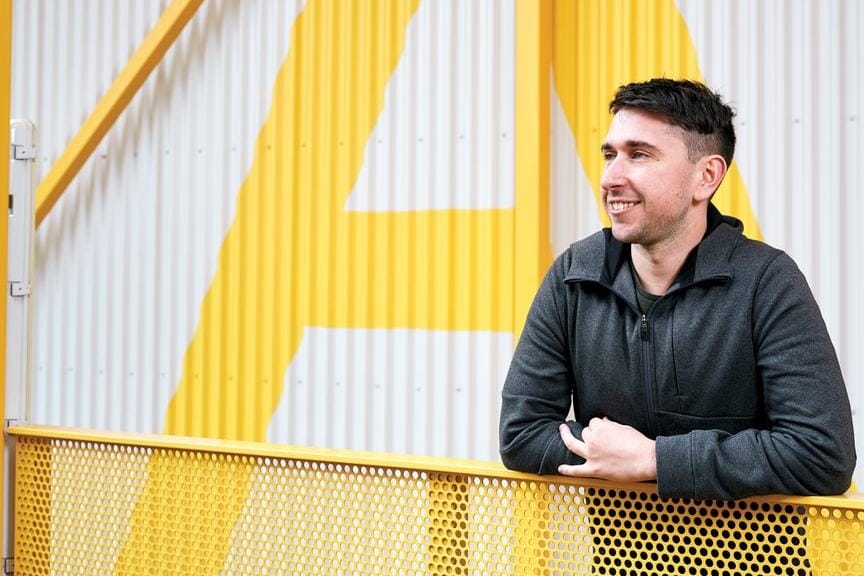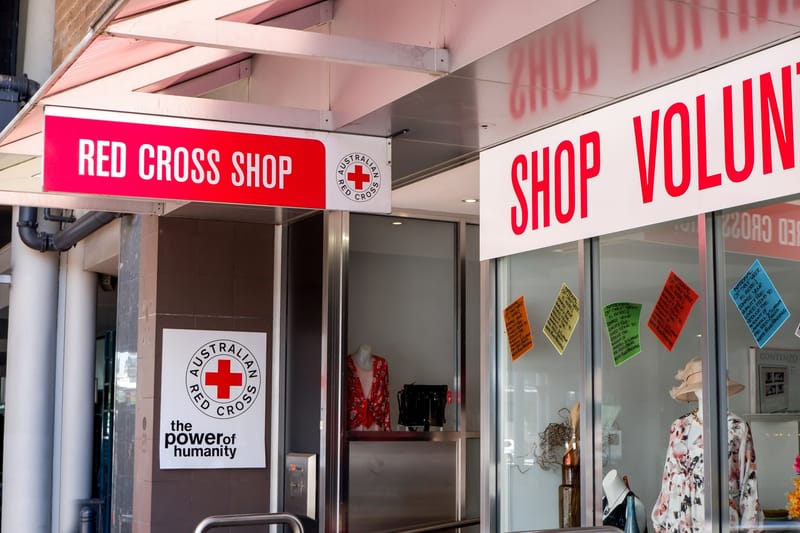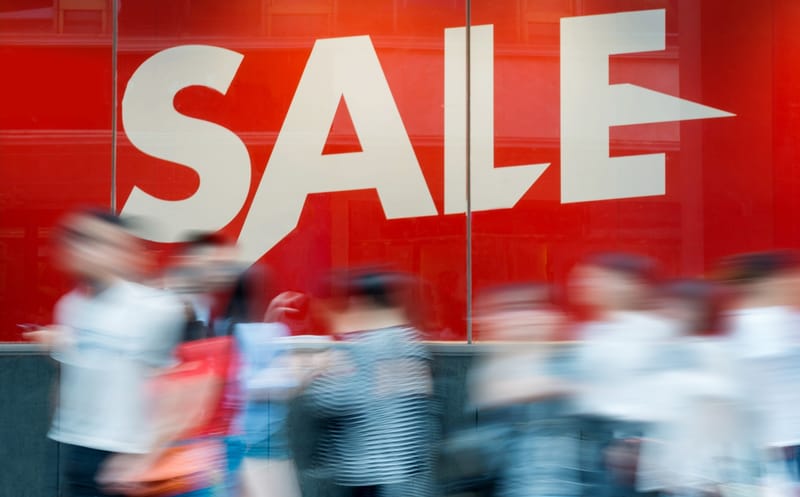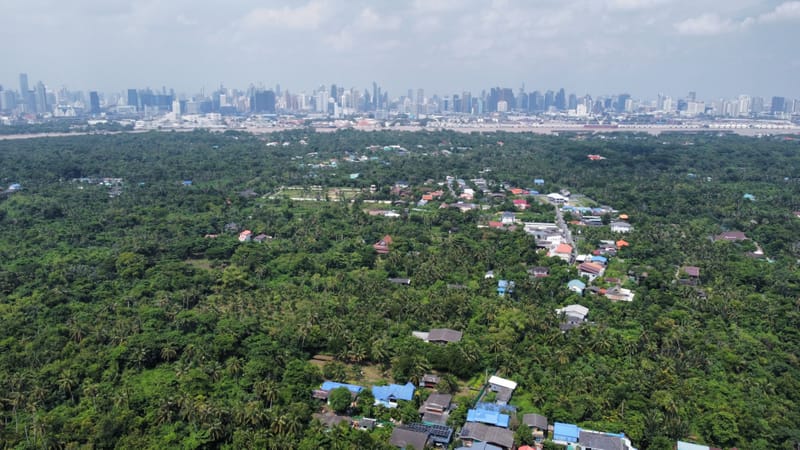
After completing no fewer than three degrees at Monash University, Daniel Wielechowski is just over a year into his “dream job” with US company Tesla, whose corporate vision chimes perfectly with his own goals.
Among the first students to complete Monash’s new Master of Environment and Sustainability in 2018, Wielechowski is passionate about sustainable development.
Working for the California-based company that pioneered electric vehicles and battery storage has, he says, “made me excited for the future, because you really see how each individual can have an impact on a greater goal”.
The 28-year-old, who completed an undergraduate chemistry degree and a chemical engineering honours degree in 2013, credits his studies with helping him navigate Tesla’s notoriously tough recruitment process.
A manufacturing engineer in the paint department, he says the master’s instilled in him a problem-solving approach driven by science and an understanding that “complex problems don’t have well-defined boundaries”.
It also gave him a “global perspective” on environmental and social challenges.
“Sustainability has led to me developing engineering skills, understanding psychology and seeking out big data,” he says. “Sustainability is just so intertwined with every aspect of life.”
Wielechowski speaks highly of his experience at university, where he was part of a team that won an international prize for sustainable engineering design.
For his engineering degree, he specialised in sustainable practices. After graduating, he worked as a graduate engineer with BOC South Pacific, a manufacturer of gases and chemicals.
He then spent two years with paper manufacturer Visy Industries, designing energy-saving and waste-reduction projects, before returning to Monash for his master’s.
The course, much of which was taught by staff from the Monash Sustainable Development Institute (including its subsidiary BehaviourWorks) featured numerous guest speakers and attracted students from all over the world.
Sustainable solutions
“I chose the stream for leadership in sustainable development. The focus was on critical analysis of different perspectives on sustainability and designing robust interventions, based on a strong science and data-based approach.” Lecturers’ connections “opened a lot of doors”. Wielechowski interned with Ernst & Young, researching how to assess the impact of business activities on sustainable development.
At Tesla, where he works to improve processes and technology behind the manufacture of vehicle paint, his team includes three other Monash alumni. Wielechowski believes Tesla is helping to tackle global social and environmental problems by, for instance, improving air quality in cities.
Such problems – including multi-dimensional poverty and access to clean water – are best addressed through interdisciplinary collaboration and the application of broad expertise to generate sustainable solutions, he maintains.
For him, global impact requires direction towards a common goal, aligning the resources and knowledge needed to reach it, and commitment to making positive change stick.
“Sustainability has led to me developing engineering skills, understanding psychology and seeking out big data,” he says. “Sustainability is just so intertwined with every aspect of life.”





